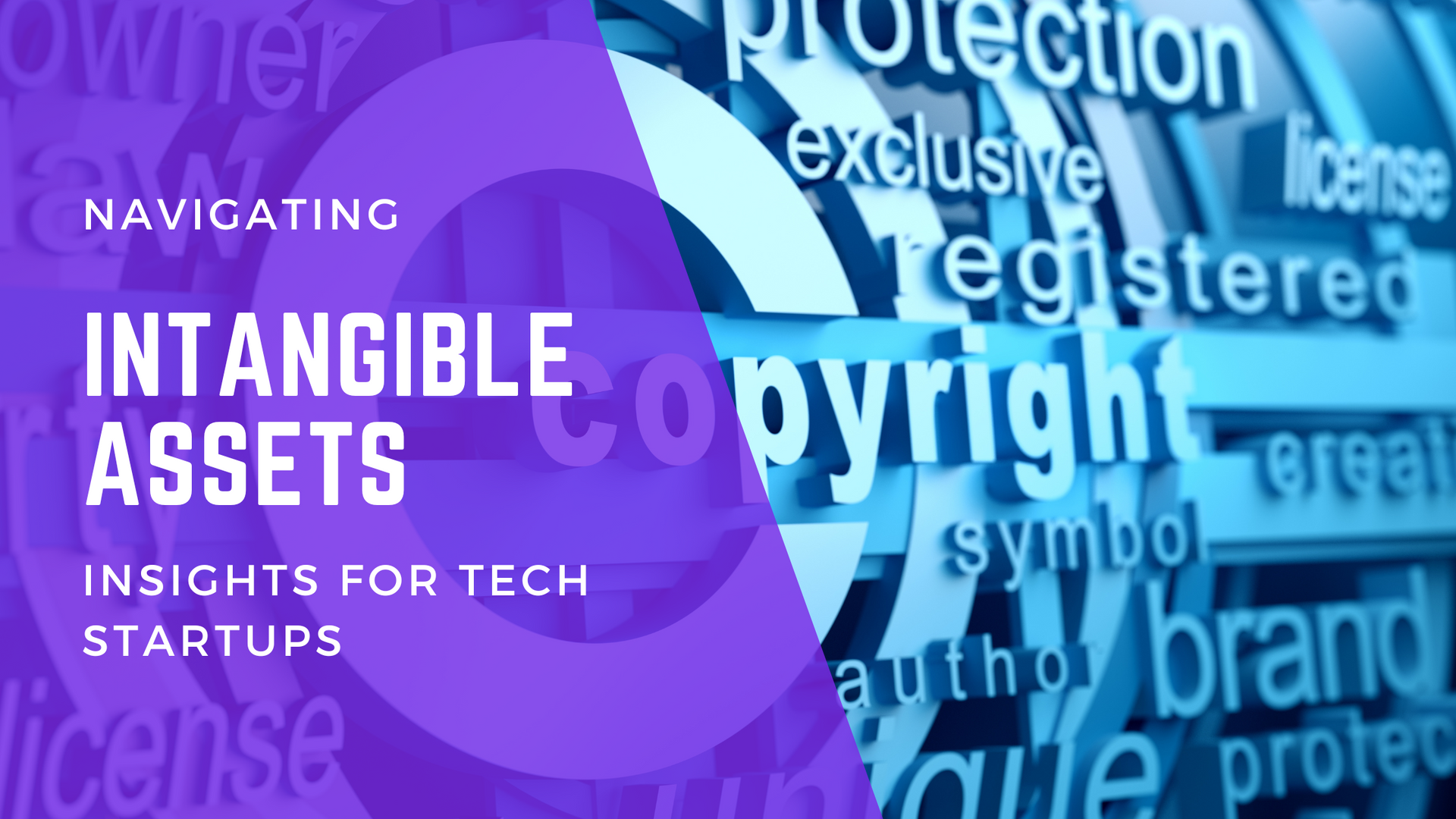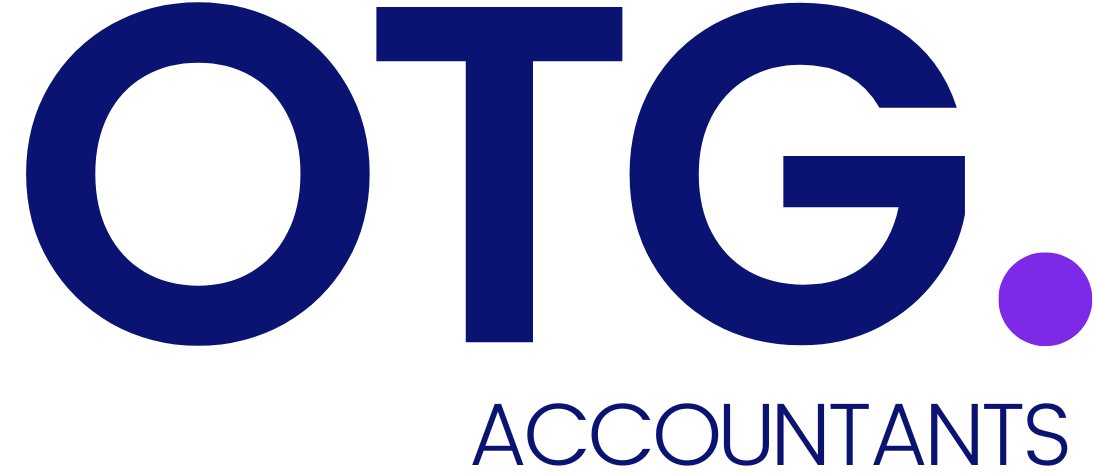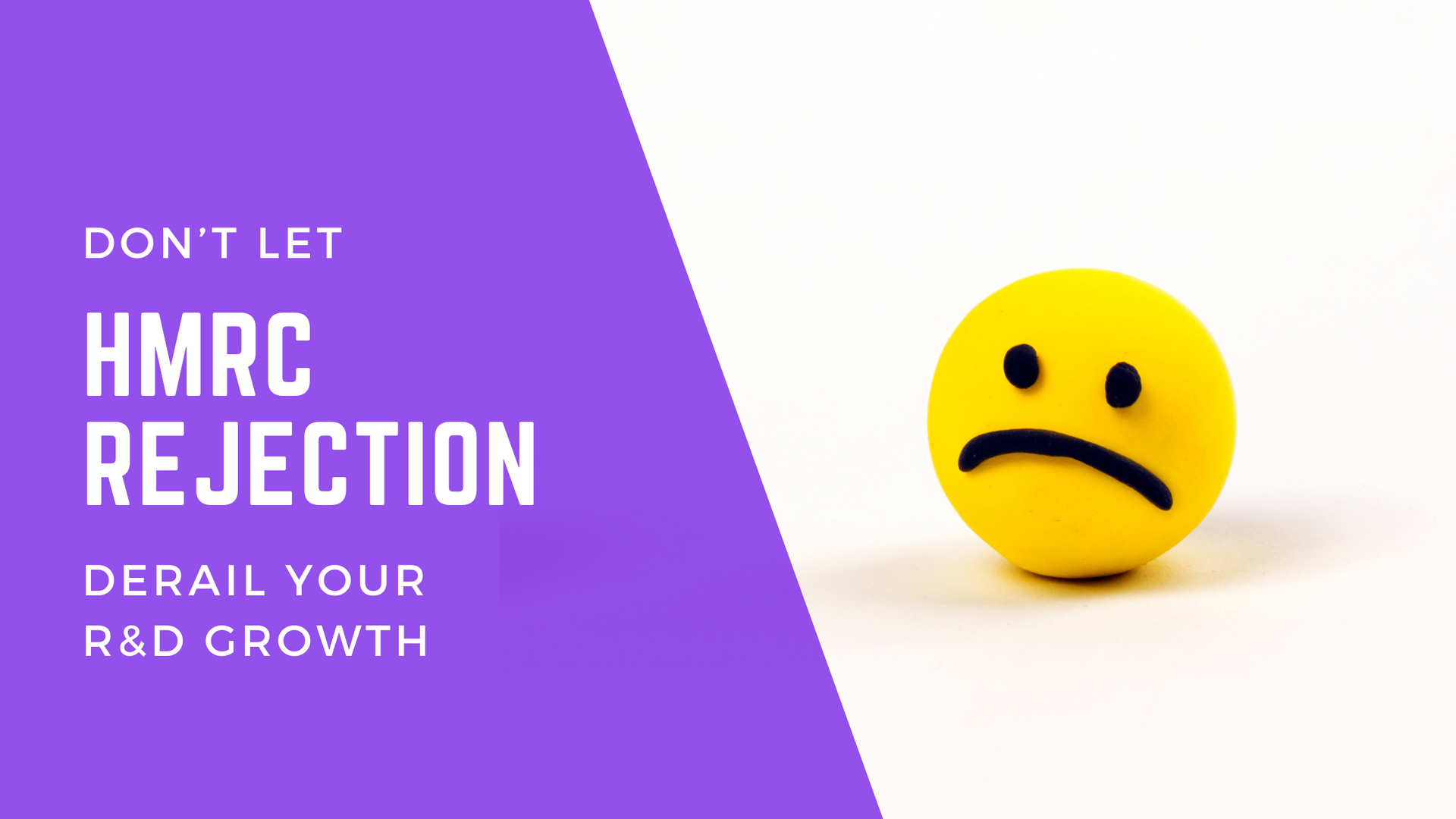VAT Key Facts
Who wants to learn more about VAT?! Nobody – correct answer!
Let’s face it, out of all the taxes out there VAT has got to be the worst. Not just because it’s so darn complicated but because the rules change wherever you go. But like it or not, VAT will become an integral part of your business the more you grow and expand so let’s hold hands and get through this together!
Here are 5 VAT key facts that you might not know, but really should:
1. What is the reverse charge mechanism?
Reverse charge VAT operates throughout the EU and essentially shifts the responsibility of reporting transactions from the seller to the purchaser. Under the Reverse rules, the purchaser of the services is required to declare both their purchase, as input VAT, and the seller’s sale, as output VAT.
So what’s the point? The aim here is reduce the seller’s requirement to register in a given country within the EU i.e. if you have no VATable sales to report then you won’t exceed the threshold for registration. At the same time, the authorities will still gain a full picture of the transactions occurring.
This could apply to you in a couple of ways then; if you supply services to a client in the EU and the transaction falls under the Reverse charge rules, you don’t charge them VAT and your client will be required to record the transaction on their side. Alternatively, you might purchase services from the EU in which case you may not pay VAT but you will need to declare both the sale and the purchase on your VAT return.
Don't fall into the trap, reverse charge doesn't apply if you make exempt supplies. You may need to pay VAT on the supply at the UK rate. This puts you in the same position as if you had received the supply from a UK supplier rather than from one outside the UK. You can find HMRC's rule here (section 5.4)
2. Does a non-UK business supplying services to a UK company need to register for VAT?
Staying with the Reverse Charge, interestingly this rule also applies to non-EU Contractors/ Freelancers providing services to UK companies – provided the receiver of the service is VAT registered then the transaction would fall under Reverse charge and the seller would not need to register for VAT in the UK.
A word of caution here; the recipient of the services must be VAT registered for Reverse charge to be applied. If a sale is made to a non-VAT registered business or an individual then likelihood is they will need to charge VAT and potentially register for VAT in that country.
3. Who needs to complete an EC Sales List?
The EC (European Commission) Sales List allows local tax authorities to confirm the amount of VAT being paid and declared by all involved parties in EU transactions.
As such, you’re required to complete this if you make supplies of goods to a business registered for VAT in an EU member state or make supplies of services subject to the reverse charge in your customer’s EU member state.
Note this is an additional requirement i.e. it doesn’t replace your normal quarterly VAT return, and heck lets make it even more interesting – depending on the level of your sales, you may have to submit a list annually, quarterly or even monthly!
4. When should a business register for VAT MOSS?
VAT Mini One Stop Shop, or VAT MOSS, may sound like where you get your penny sweets and pick’n’mix but unfortunately it’s yet another way of paying VAT, in this case on supplies of certain digital services. Like Reverse Charge though, VAT Moss allows users to make just one payment to HMRC in the UK as opposed to registering in multiple EU countries that you supply to.
The focus here though is digital services - what are digital services you ask? I was really hoping you wouldn’t! The answer is… there is no fixed answer. The definition varies from country to country, as do the thresholds for registration, but in a nutshell this can be any product that the customer accesses via the internet for example downloading a programme or logging into an online portal.
Therefore with this one we always recommend discussing your services and sales process with one of our experts before going through the registration process.
5. Does the distance selling limit apply to non-EU businesses?
Distance selling covers the process of supplying and delivering goods (not services) from one EU country to another EU country, but specifically to a customer who is not registered for VAT so in many cases this will be to private individuals but can of course also be non-registered businesses.
If this applies to you, then with regards to the UK you would be required to register for VAT if your distance sales exceed £70k in a single year.
However, if you are based outside of the EU then distance selling would not apply to your sale of goods in the UK. You might want to warn your customers however that they may have to pay duty or import VAT.
If your goods are stored in another EU country from where you’re based, then any sales within that storage facility country are not considered distance selling. In which case you may be required to register for VAT with the local tax authorities before you start selling.
Phew, time for a lie down I think!





